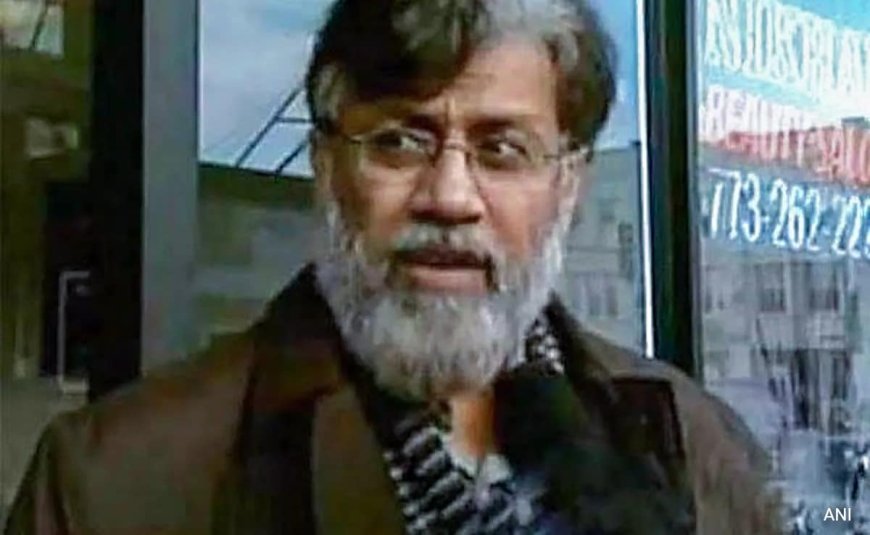US Supreme Court Clears 26/11 Convict Tahawwur Rana's Extradition To India
The US Supreme Court has cleared Mumbai-attack convict Tahawwur Rana's extradition to India as it dismissed a review petition against his conviction in the case.

US Supreme Court Clears 26/11 Convict Tahawwur Rana's Extradition To India
In a significant development, the US Supreme Court has cleared the extradition of Tahawwur Rana, a convict linked to the 26/11 Mumbai terror attacks, to India. This decision marks a crucial step in the ongoing pursuit of justice for the victims of the tragic events that unfolded in November 2008. Rana had been accused of facilitating the attacks that claimed numerous lives and left a lasting impact on India and its citizens.
Details of the Supreme Court's Ruling
The ruling by the US Supreme Court is seen as a pivotal moment in international cooperation against terrorism. Rana, who was apprehended in the United States several years ago, has faced multiple legal battles regarding his extradition to India. The Supreme Court's decision puts an end to these delays, signaling a commitment to hold individuals accountable for their roles in terrorist activities.
Background on the 26/11 Attacks
The Mumbai attacks, carried out by the Pakistan-based terrorist organization Lashkar-e-Taiba, resulted in extensive loss of life and property. Rana's extradition is part of a larger effort to bring justice to the survivors and the families of victims. By facing trial in India, it is hoped that Rana's actions and their consequences can be thoroughly examined in a legal context.
Implications for US-India Relations
This extradition has broader implications for the diplomatic relations between the United States and India. Cooperation in combating terrorism has been a cornerstone of their relationship, and this decision reinforces their shared commitment to addressing global security challenges. It also sets a precedent for other cases involving international fugitives.
Next Steps in the Legal Process
As Rana prepares for extradition, the legal proceedings against him in India will be closely monitored. Authorities in India are expected to move swiftly to bring him to trial, utilizing the evidence gathered during investigations into the 26/11 attacks. The main goal remains to ensure justice is served for the heinous acts committed over a decade ago.
In conclusion, the US Supreme Court's decision to allow Tahawwur Rana's extradition to India represents a significant moment in the fight against terrorism. It highlights the importance of international legal frameworks in dealing with global threats and reinforces the collaborative efforts between nations to ensure justice is achieved.
News by dharmyuddh.com Keywords: Tahawwur Rana extradition news, US Supreme Court decision on Rana, 26/11 Mumbai attacks convict, international cooperation against terrorism, US India relations, justice for 26/11 victims, extradition proceedings of terrorists, implications of Rana's extradition, global security challenges, legal process for terrorism cases







